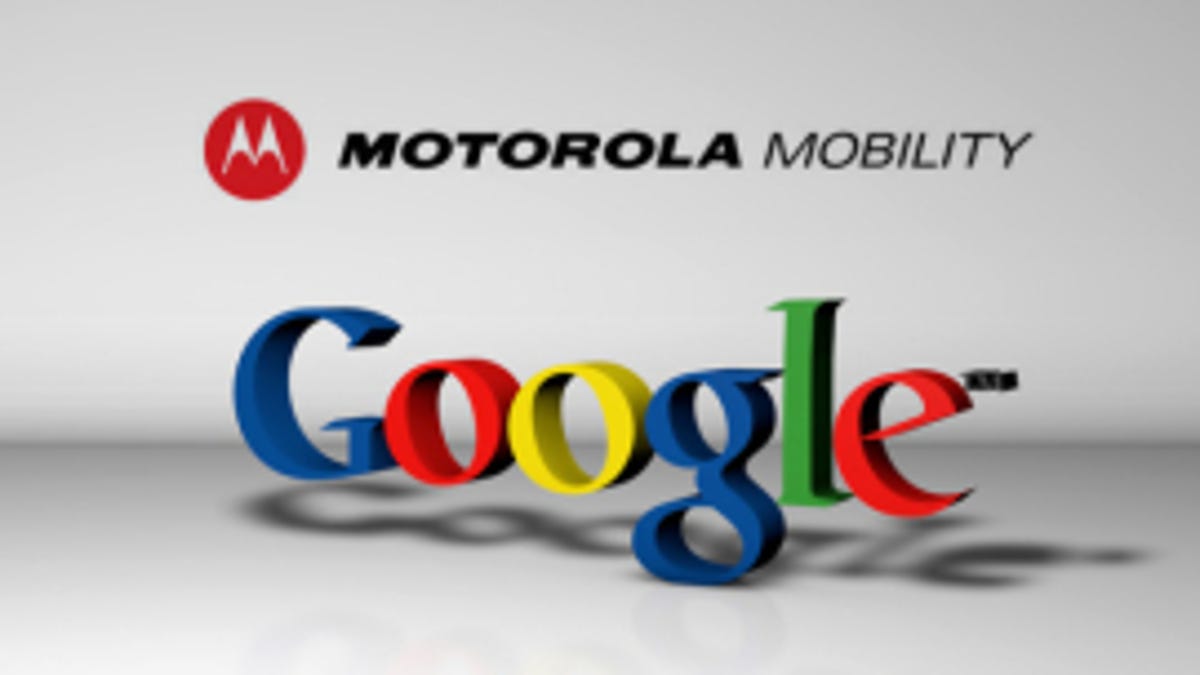Google ready to cut 20 percent of Motorola Mobility's staff
Job cuts reported by The New York Times come after the Web giant revealed it paid a significant premium for the company's patent portfolio.

Motorola Mobility reportedly began notifying employees today that it planned to cut 20 percent of its workforce, the first step in Google's attempt to reinvent the ailing cell phone maker.
More than a third of the 4,000 job cuts will occur in the United States and a third of the company's 94 offices will close, according to The New York Times. The company reportedly plans a wireless strategy revamp that includes exiting unprofitable markets and trimming the number of handsets it produces.
CNET contacted Google, which bought Motorola Mobility for $12.4 billion in May, for comment and will update this report when we learn more. (Update August 13 at 4:33 a.m. PT: Google this morning confirmed the job cuts.)
Although Google hasn't offered much in the way of specifics on how it will use Motorola, the company made it clear last year that it was buying up the firm for its portfolio of tens of thousands of patents and patent applications.
There has long been speculation that Google would break up the company and sell off some of its parts, especially its set-top box division, which provides hardware to cable providers nationwide.
Google revealed late last month that it paid a significant premium to acquire some patents and technology from Motorola Mobility -- patents it hopes will help defend Android, the company's mobile OS. The Web giant said in a Securities and Exchange Commission filing that the largest value of the buyout , was the $5.5 billion it spent for "patents and developed technology," which might prove most important to investors.

